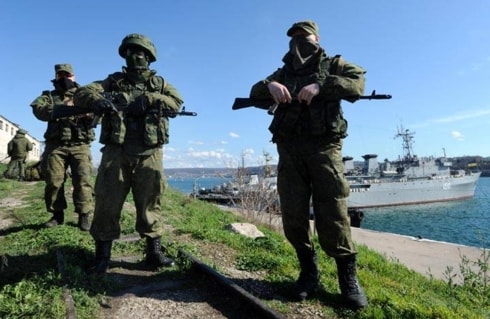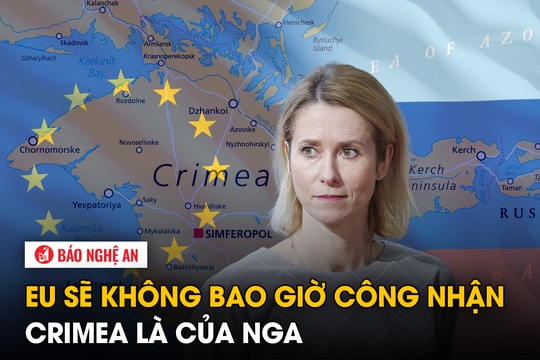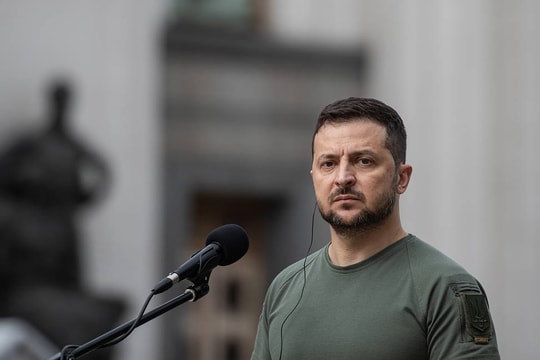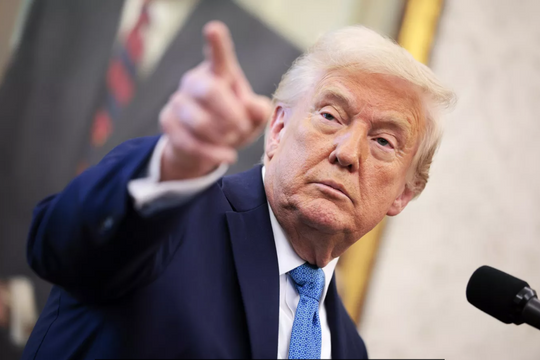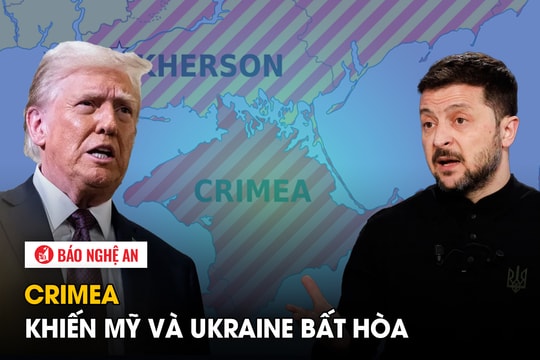How Russian sanctions over Crimea affect Germans
Western sanctions affect the German population and many international humanitarian programs in Crimea.
Western sanctions against Moscow over the annexation of Crimea to the Russian Federation through a referendum should be lifted as soon as possible, German lawmaker Gunnar Lindermann of the Alternative for Germany (AfD) party told Sputnik.
The politician said that Western sanctions have led to the cancellation of many humanitarian exchange programs. Along with that, Crimean Germans cannot go to Germany to visit their relatives. According to the census conducted by the State Statistics Committee of Ukraine in December 2001, Crimea currently has about 38,000 people of German origin living and working.
|
| After a referendum in March 2014, Crimea rejoined the Russian Federation. Photo: RT |
The individuals sanctioned include Russian officials involved in the clash with Ukrainian warships in the Kerch Strait. Meanwhile, six Russian defense companies operating in Crimea were blacklisted for allegedly misusing Ukrainian assets to provide services to the Russian military. At the same time, the Canadian Department of Foreign Affairs also announced additional sanctions against 100 individuals and 15 Russian companies in response to the Kerch Strait and Crimea incidents. Meanwhile, the EU announced the addition of eight Russian individuals to its sanctions list.
Crimea joined the Russian Federation in March 2014 after a vote with more than 96% of the people living there, Western countries along with Ukraine did not accept the results of the referendum and continuously imposed many sanctions on Moscow. Russia has declared and reaffirmed many times that the referendum in Crimea was carried out according to international standards. Moscow has repeatedly denied all accusations and reacted harshly to sanctions from the West.

